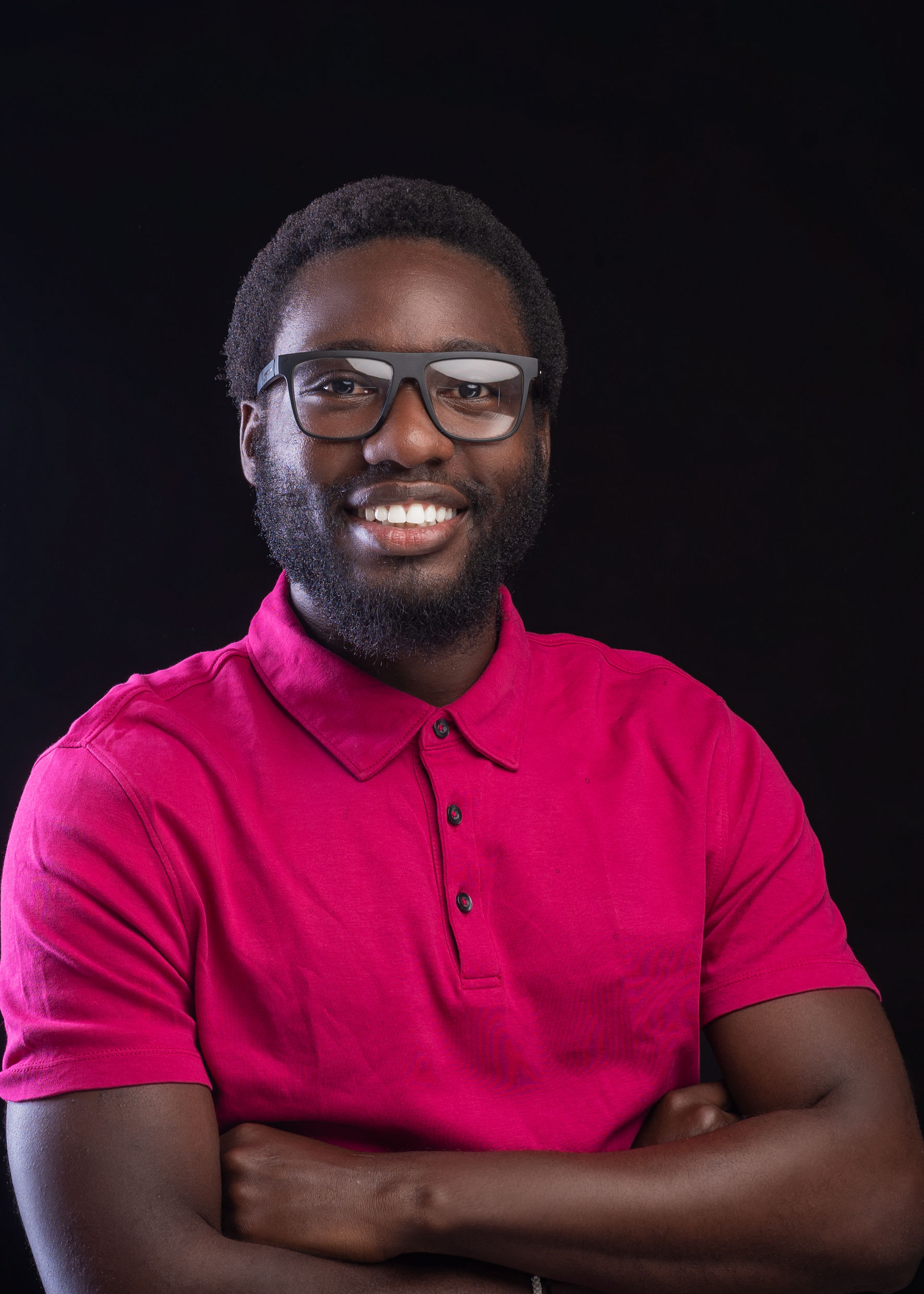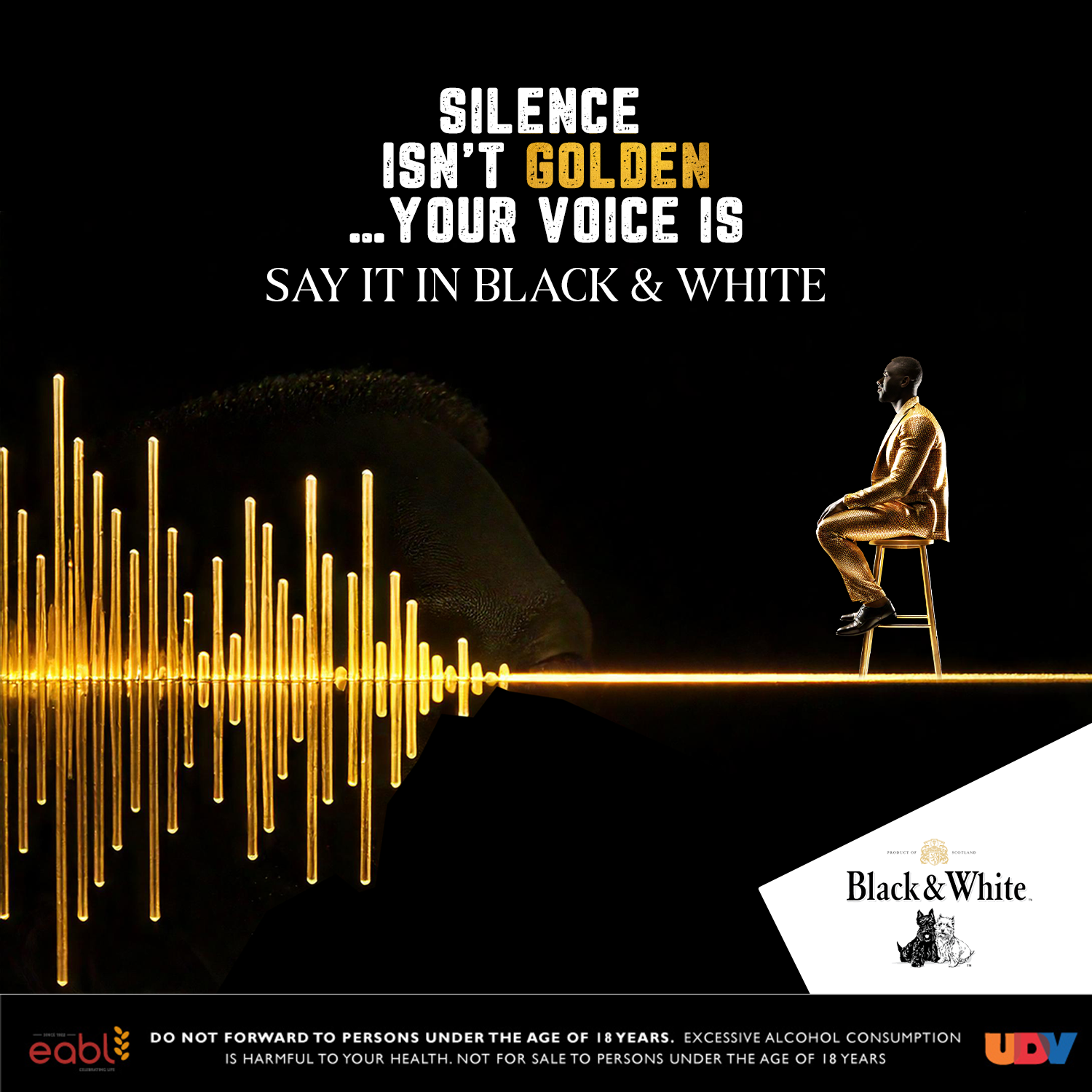
Growing up in Nairobi, I often thought of myself as resilient. Life in a bustling city like ours demanded it. Between the rhythm of school, the symphony of matatus speeding through the streets, and the endless pursuit of success, there seemed little room to pause or reflect.
As a professional musician, event organizer and psychologist, this fast pace became my rhythm, my way of life. But for the longest time, I ignored the silent beats that were missing; the quieter moments of introspection and emotional care.
Mental health wasn’t a conversation we had growing up. It was a hush-hush topic, something you either swept under the rug or endured silently. And as a man, the unspoken rule was to tough it out as vulnerability wasn’t strength, it was weakness. Like many others, I absorbed the cultural script that men should shoulder burdens quietly and stoically. While pursuing my professional training as a psychologist, I realized how dangerous this mindset was. Not just for others, but for me as well.
But life, like music, has a way of demanding balance. Several years ago, I found myself overwhelmed. Managing events, mentoring young musicians, and diving into play therapy programs with the youth, things I loved dearly, were beginning to feel like weights instead of wings. I couldn’t articulate it at the time, but I felt trapped, not by external pressures but by an inner turmoil I didn’t know how to name.
It wasn’t until I founded and started working for Games for Mental Health, that I saw the power of expression. I watched many people carrying burdens transform through games, music, and conversations. They taught me that healing begins when we give our feelings a voice. It struck me that while I was helping people open up, I had never truly allowed myself the same space.
That realization marked the start of my journey. It wasn’t easy. Opening up felt foreign, like learning a new instrument. The first conversations with close friends felt raw, even awkward. But with time, I discovered that sharing my struggles didn’t diminish me; it liberated me. It gave me room to reflect, heal, and grow.
My outlook on mental health has since evolved. Today, I see it as a dynamic, ongoing process; like tuning an instrument. Some days are harmonious; others, a little out of sync. And I’ve learned to embrace the offbeat days, knowing they’re part of a larger melody.
This transformation has also reshaped my work. Whether teaching music to children, collaborating with fellow creatives, or running play therapy sessions, I’m now more intentional about creating safe spaces; not just for others but for myself, too. I’ve also begun incorporating mental health discussions into my workshops and events, breaking down stigmas one conversation at a time.

What I’ve realized is this: Strength isn’t about having it all together. It’s about being honest with ourselves and those around us. As men, we often feel the pressure to shoulder everything, to be invincible. But vulnerability is not a flaw, it’s a facet of our humanity. Through campaigns like Say it in Black & White, we’re reminded that speaking out is not just courageous; it’s necessary.
So, here’s my challenge to anyone reading this; Take a moment to pause. Reflect on your own mental health journey. And when you’re ready, say it plainly, simply, and powerfully. You might be surprised at the strength you find in those conversations.
After all, the most beautiful harmonies come when we allow
every note, even the imperfect ones, to be heard.
By JT Bulinda, Founder, Games For Mental Health










